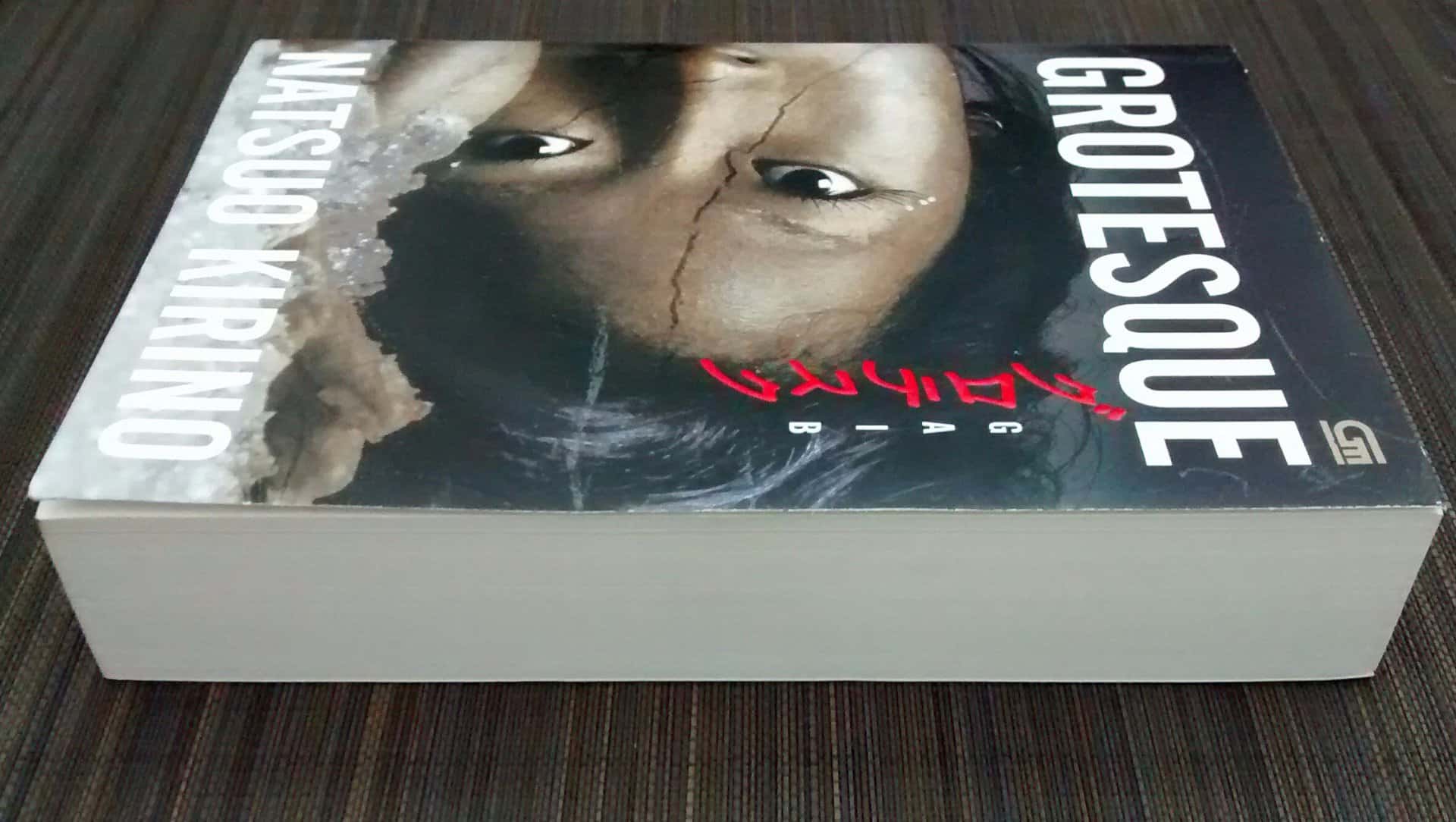Among the most celebrated films by Khavn, “Mondomanila” is a testament to his overall style and, despite the omnipresent extremity, one of his most approachable works.
Buy This Title
Expanding on the concepts and scenes of “Overdosed Nightmare”, “Mondomanila” deals with life in the slums of Manila, through the stories of a number of hardcore misfits. The protagonist is Tony D, a teenager who has a very a concise opinion about the government, and is not afraid to express it in the most cross way, at least when he is not drunk or under the influence of drugs. The rest of the protagonists include his sex-addict mother, Mariya, Lovely Loanshark, a gambling addict, Sgt Pepper, a policeman who was discharged from the force and has now placed his hopes for a contribution to society on his son, who happens to be a homosexual. Steve Banners, an old American who happens to be a raging racist and a pederast, Ogo X, a malformed rapper, and many more comprise this extreme collage of characters.
Through an approach that includes documentary, exploitation and musical/music video elements, Khavn manages to present life in the lowest depths of Manila while making a number of sociopolitical comments. Sgt Pepper highlights the concept of patriarchy, with the father focusing on the triptych country, family, religion, and expecting his children, and particularly the male ones to fulfill their purpose for all three of them. The burden his homosexual son has to carry eventually proves too big, in one of the most dramatic aspects of the movie. Steve Banners seems to highlight Khavn's opinion on Western colonialists, with his presentation of being a pederast, a raging racist (member of KKK even) and an overall despicable being, highlighting this opinion in extreme humor. Tony D is, in essence, Khavn's voice about the practices of local politicians, which his opinion being expressed in the harshest fashion, while his life mirrors the general circumstances of living in the slums: poorness, drugs and alcohol, complete lack of parenting and in essence, no hope at all. Mariya, and her struggle to raise her children while having to face extreme poorness, her constant need for sex, and a grotesque-looking landlady who eventually ends up fighting her in the mud (literally), presents two other comments, this time regarding the hardships of raising children under the circumstances of the slums, and regarding land-owners.
The general premises of the film are dramatic, but Khavn has coated the whole narrative with his exploitative sense of humor, both in terms of characters and episodes, in a tactic that “forbids” the viewer from feeling sorry for the miserable life these misfits live. Notwithstanding, his characters do not feel miserable at all, as we watch them dancing, singing and in general having fun, even despite the fact that they live in a true hellhole and suffer a number of maladies. The ending scene with the dancing in the streets cements this approach in the most delightful way, with the overall music video elements also moving towards the same direction.
Sex also seems to play a central role in the movie, although Khavn also presents it in its most grotesque and funny glory, including scenes that feature lesbian dwarfs, an underage homosexual and a pregnant woman, among others.
Albert Banzon's cinematography implements the aforementioned combination in very fitting fashion, with the explosion of colors and movement occasionally giving its place to stop-motion sequences, in a tactic that also adds to the overall chaos of the movie. As always, the main production aspect that implements Khavn's cinematic approach is the editing, with Lawrence S. Ang doing a great job once more, by presenting a serious of seemingly unconnected sequences in a fashion that actually creates a concise story inside this chaos.
Timothy Mabalot as Tony D gives a great performance, with his monologues being the highlights of his performance. Marife Necesito as Mariya manages to present a character that is beautiful as it is crude, while the late Palito adds another cult element in the role of a pyromaniac old man. All in all, the plethora of actors and non-actors that appear in the film seem to have grasped the style Khavn wanted to implement, which definitely highlights his directorial abilities.
“Mondomanila” is extreme as it is impressive, and in my opinion, one of the best ways to enter Khavn's cinematic universe.
















